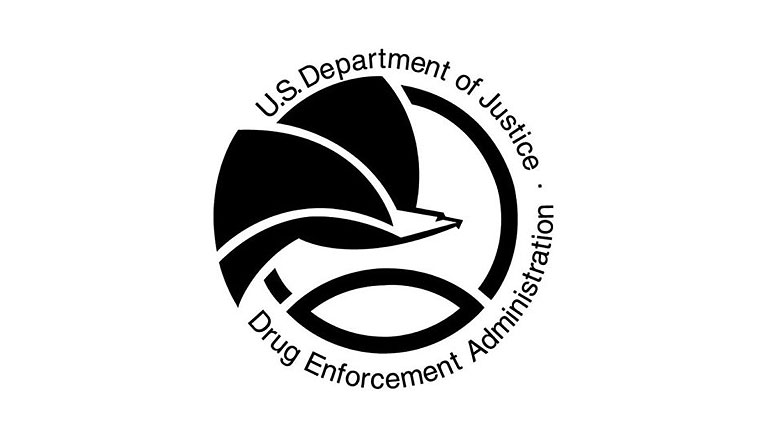A rescheduling that makes CBD-based drug Epidiolex legal has been applauded as a win for cannabinoid-based therapies, but critics say the ruling is another case of the U.S. Drug Enforcement Administration (DEA) overstepping its bounds.
Epidiolex, which recently won U.S. Food & Drug Administration (FDA) approval, is in a classification of CBD-derived “finished dosage formulations.” It has been moved from Schedule 1, the most restricted class of drugs, to schedule 5, the least restrictive. Schedule 5 substances are considered those with “a proven medical use and low potential for abuse.”
DEA ‘overreaches’ again
“In rescheduling Epidiolex, (the) DEA also makes several over-reaching statements beyond simply the scheduling of Epidiolex,” Colorado-based cannabis attorneys Hoban Law Group said in a release. The firm pointed specifically to DEA assertions that “all cannabinoids from cannabis (versus when derived from “marihuana” as defined in the Controlled Substances Act) are controlled substances, seemingly contrary to acts of Congress, judicial decisions and DEA’s own statements.”
The rescheduling sets up an apparent conflict in that the current U.S. Farm Bill makes all products derived from hemp, including CBD, exempt from the DEA’s authority, the Hoban firm noted. The Farm Bill of 2014, which awaits updating to a 2018 version, allows the cultivation, transport, processing and sale of all parts of the plant.
Earlier FDA approval
“While DEA’s handling of Epidiolex was expected, the agency’s penchant for disregarding the law, court orders and its own admissions and directive regarding the lawfulness of hemp continues unabated,” the Hoban statement noted.
As a result of the rescheduling, Epidiolex and other “generic” FDA-approved CBD medicines “with a THC content of less than 0.1%” will now be considered Schedule 5, while other “marijuana” derived CBD-products would still be considered Schedule 1.
Epidiolex, produced by UK-based GW Pharmaceuticals, has been found effective in the treatment of two severe forms of childhood epilepsy. Under the rescheduling, GW can start supplying patients with Epidiolex, and doctors can legally prescribe it. Doctors may also prescribe the product for off-label uses other than the two epilepsy syndromes around which GW ran clinical trials, and for which Epidiolex received FDA approval.
Non-pharma grade hemp-derived CBD formulations apparently remain unscheduled.
Effect of the changes
The change, in effect, has meaning only for GW, U.S. consultant Richard Rose said of the re-scheduling. “From a marijuana plant CBD is Schedule 1, for DEA licensees it’s schedule 1; from GW it’s Schedule 5, and from a hemp plant it’s not scheduled at all,” Rose said, noting that FDA treats the compound as a Generally Recognized as Safe (GRAS) food & dietary supplement.
The Hoban firm meanwhile says it is evaluating a possible judicial and administrative response to the DEA’s “new overly broad action.”
The cost of Epidiolex is estimated at $32,500 per year for patients, who are now waiting to hear whether their insurance will cover it.

